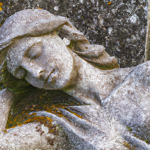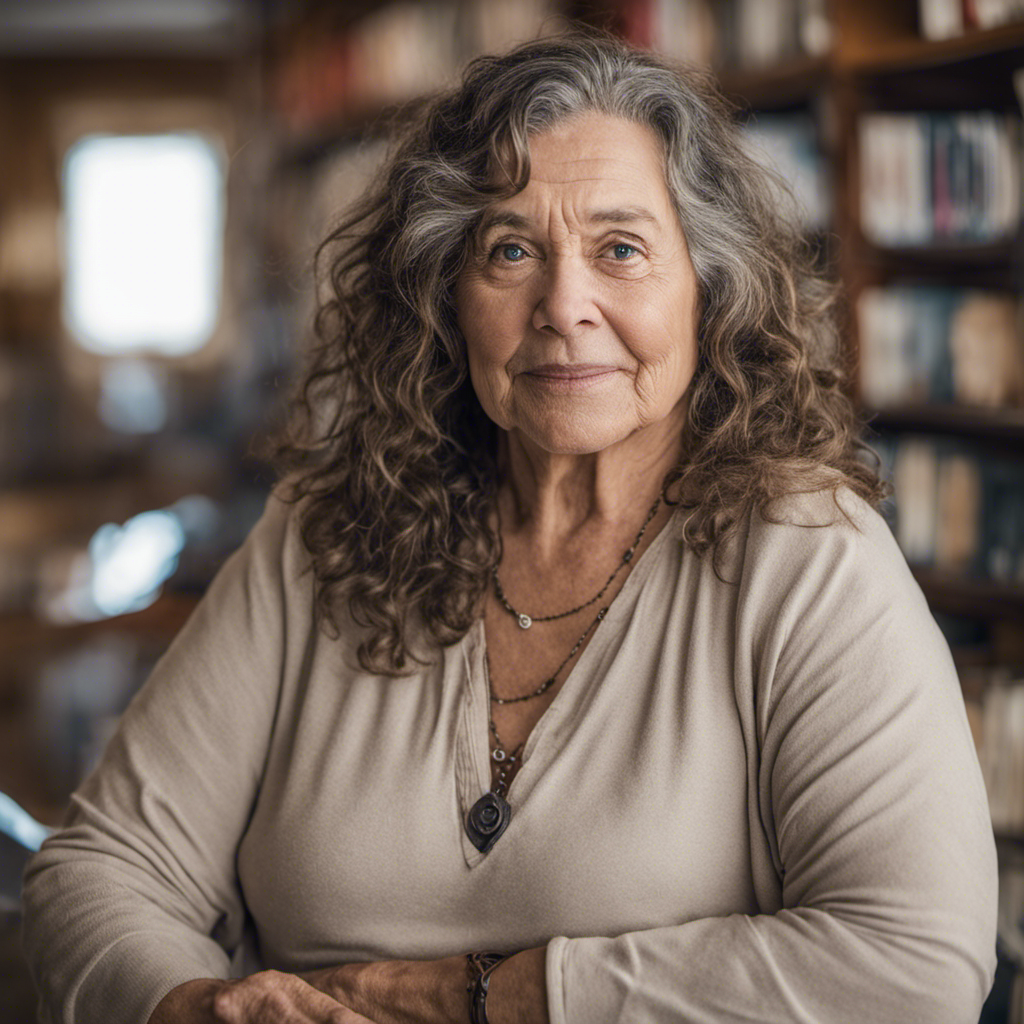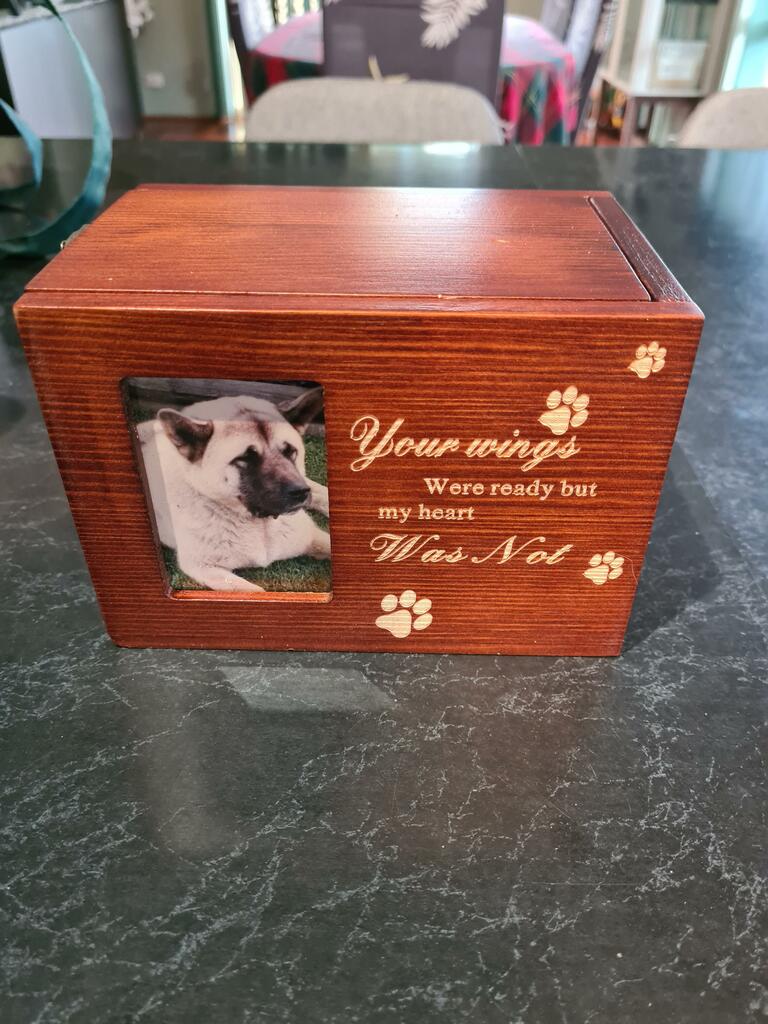Funeral Memorials: Honoring and Remembering Loved Ones
Losing a loved one is an incredibly difficult and emotional experience. It is a time when we are grappling with grief and trying to come to terms with the finality of death. Funeral memorials provide a way for us to honor and remember our departed loved ones, celebrating their life and finding solace in shared memories. In this article, we will explore the significance of funeral memorials, the various ways to personalize them, and the healing power they hold.
The Importance of Funeral Memorials
Funeral memorials serve as a crucial step in the mourning process. They provide an opportunity for family and friends to come together, sharing stories, offering support, and finding comfort in each other’s presence. These gatherings allow us to acknowledge the impact our loved ones had on our lives and the lasting legacies they leave behind. Funeral memorials are not only a way to pay tribute to the deceased but also an opportunity for the living to begin healing.
Personalizing Funeral Memorials
Every person is unique, and funeral memorials should reflect that individuality. Personalizing these ceremonies creates a more meaningful and intimate experience for attendees. It allows us to honor our loved one’s personality, passions, and interests. For example, if they were an avid gardener, incorporating flowers and plants into the memorial can be a beautiful way to celebrate their green thumb. Alternatively, if they had a love for music, playing their favorite songs or having a live performance can add a personal touch.
Traditional and Modern Approaches
Funeral memorials have evolved over time, with both traditional and modern approaches available to families. Traditional memorials may involve religious rituals, prayers, and hymns, providing a familiar framework for those seeking solace in their faith. On the other hand, modern memorials offer more flexibility in terms of location, format, and content. These may include personalized eulogies, video montages, and even interactive elements such as memory walls or virtual guestbooks. The choice between traditional and modern approaches ultimately depends on the preferences and beliefs of the family.
Creating Lasting Memorials
In addition to the funeral service itself, many families choose to create lasting memorials to honor their loved ones. These can take the form of physical monuments, such as headstones or plaques, or more creative options like memorial gardens, benches, or dedicated spaces within a community. Creating such memorials allows family and friends to have a tangible place to visit, remember, and reflect upon their loved one’s life.
The Healing Power of Funeral Memorials
Funeral memorials provide a crucial opportunity for healing and closure. They allow us to share our grief openly, surrounded by a supportive community. Through the process of planning and participating in these memorials, we can better come to terms with our loss and begin the healing journey. The shared memories, stories, and emotions that surface during these gatherings remind us that we are not alone in our grief and that our loved ones’ lives continue to impact and inspire us.
In summary, funeral memorials play a vital role in the grieving process and offer a way to honor and remember our departed loved ones. By personalizing these ceremonies, we can create a more intimate and meaningful experience that reflects the unique qualities of the person we have lost. Whether opting for a traditional or modern approach, funeral memorials provide a healing space for family and friends to come together, supporting one another through shared grief. Creating lasting memorials further ensures that our loved ones are forever remembered and cherished.













